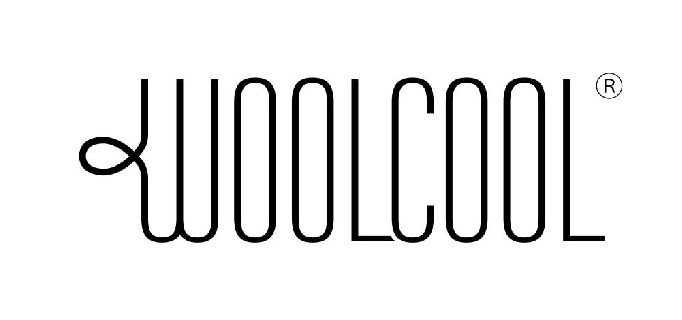

The Wool Packaging Company Ltd

Staffordshire, United Kingdom
February 2020
Food products
Manufacturing
United Kingdom
Our Impact, Our Responsibility is a core statement at Woolcool. They are a 2nd Generation Family Business with their wider impact, responsibility and positive legacy at the heart of their decision making. It is not solely about their product but all of the human relationships along the way. It is this ethos that makes up their soul in terms of interaction and expectations as to how they conduct themselves across all stakeholders, from the team, suppliers and customers, to support of the community. Woolcool have been pioneers in sustainable packaging for over a decade, and are now the leading innovators in ecologically-sound packing solutions, namely temperature controlled packaging, across both the Food and Pharmaceutical Sectors. They are best known for Woolcool Insulated Packaging, using 100% pure wool as an alternative to polystyrene. In the last year alone, this solution has saved the equivalent weight of 16 Blue Whales of Polystyrene from going to landfill. With continually investment in R&D, they aren’t stopping there. They see a world where the right materials are being used, for the right application, fully research from cradle to grave. Their focus is around natural materials and solutions they can present to some of the biggest challenges in today’s society.
Overall B Impact Score
Governance 13.8
Governance evaluates a company's overall mission, engagement around its social/environmental impact, ethics, and transparency. This section also evaluates the ability of a company to protect their mission and formally consider stakeholders in decision making through their corporate structure (e.g. benefit corporation) or corporate governing documents.
What is this? A company with an Impact Business Model is intentionally designed to create a specific positive outcome for one of its stakeholders - such as workers, community, environment, or customers.
Workers 23.5
Workers evaluates a company’s contributions to its employees’ financial security, health & safety, wellness, career development, and engagement & satisfaction. In addition, this section recognizes business models designed to benefit workers, such as companies that are at least 40% owned by non-executive employees and those that have workforce development programs to support individuals with barriers to employment.
Community 18.7
Community evaluates a company’s engagement with and impact on the communities in which it operates, hires from, and sources from. Topics include diversity, equity & inclusion, economic impact, civic engagement, charitable giving, and supply chain management. In addition, this section recognizes business models that are designed to address specific community-oriented problems, such as poverty alleviation through fair trade sourcing or distribution via microenterprises, producer cooperative models, locally focused economic development, and formal charitable giving commitments.
Environment 35.8
Environment evaluates a company’s overall environmental management practices as well as its impact on the air, climate, water, land, and biodiversity. This includes the direct impact of a company’s operations and, when applicable its supply chain and distribution channels. This section also recognizes companies with environmentally innovative production processes and those that sell products or services that have a positive environmental impact. Some examples might include products and services that create renewable energy, reduce consumption or waste, conserve land or wildlife, provide less toxic alternatives to the market, or educate people about environmental problems.
What is this? A company with an Impact Business Model is intentionally designed to create a specific positive outcome for one of its stakeholders - such as workers, community, environment, or customers.
Customers 4.0
Customers evaluates a company’s stewardship of its customers through the quality of its products and services, ethical marketing, data privacy and security, and feedback channels. In addition, this section recognizes products or services that are designed to address a particular social problem for or through its customers, such as health or educational products, arts & media products, serving underserved customers/clients, and services that improve the social impact of other businesses or organizations.